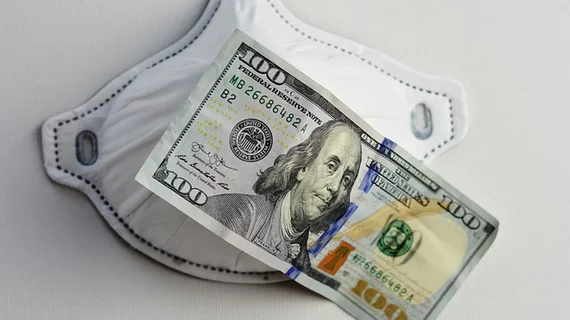HHS dedicates extra $2 billion for healthcare providers hit by the pandemic
The Department of Health and Human Services is distributing more than $2 billion to providers across the country that have been impacted by the pandemic.
In an announcement shared Tuesday, HHS said the new Provider Relief Fund Phase 4 General Distribution payments are going out this week to more than 7,600 healthcare providers with documented revenue loss and expenses associated with the pandemic. The extra $2 billion brings this round of total PRF payments to about $11 billion, helping organizations in 50 states, Washington D.C., and five territories.
“The COVID-19 pandemic is an unprecedented challenge for healthcare providers and the communities they serve,” Carole Johnson, administrator at the Health Resources and Services Administration, which oversees the funding, said in a statement. “The Provider Relief Fund remains an important tool in helping to sustain the critical health care services communities need and support the healthcare workforce that is delivering on the frontlines every day.”
Phase 4 payments have been directed toward helping smaller providers and include bonus payments for institutions treating patients on Medicare and Medicaid and Children’s Health Insurance Program beneficiaries.
In December, HHS handed out approximately $9 billion to small providers as part of the Provider Relief Fund and distributed $7.5 billion to more than 43,000 entities under its American Rescue Plan Rural payments program.
And just last week, HHS earmarked $103 million to combat burnout among healthcare workers and alleviate the field’s growing workforce shortages.

